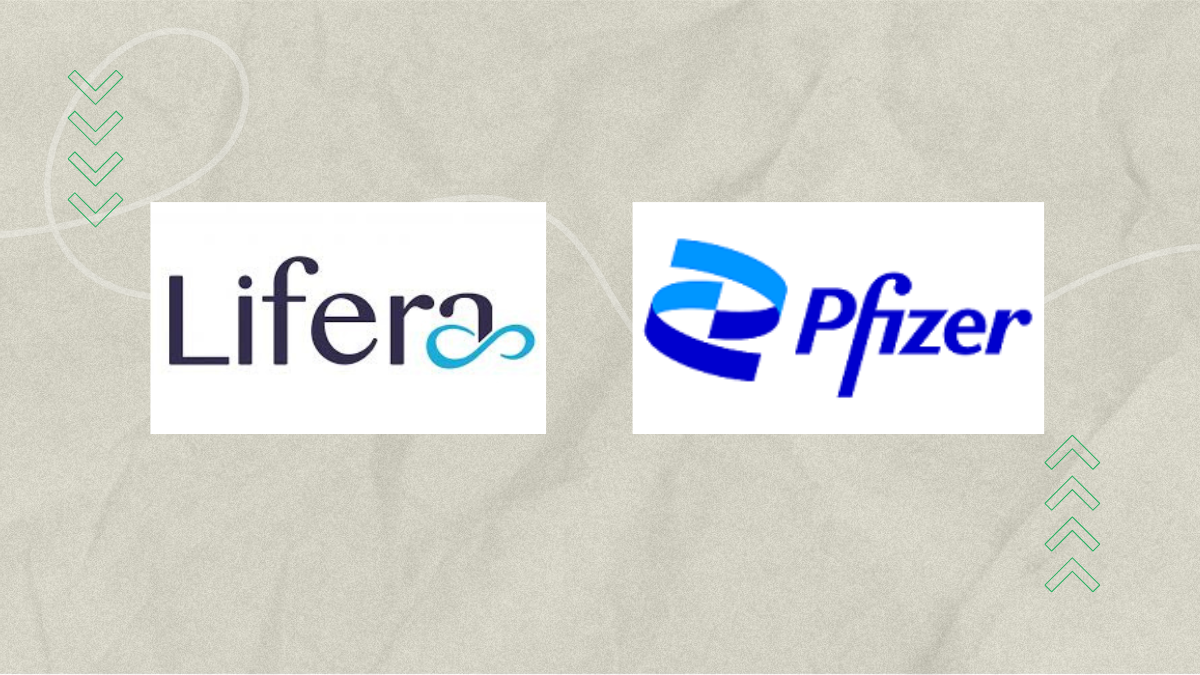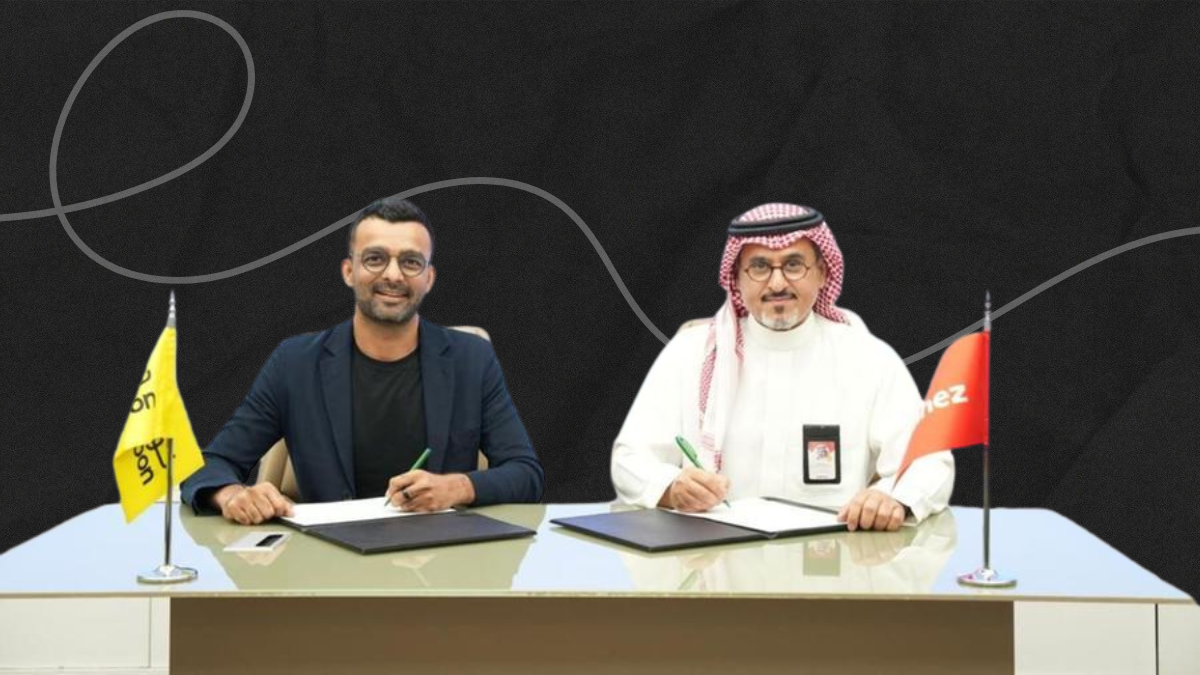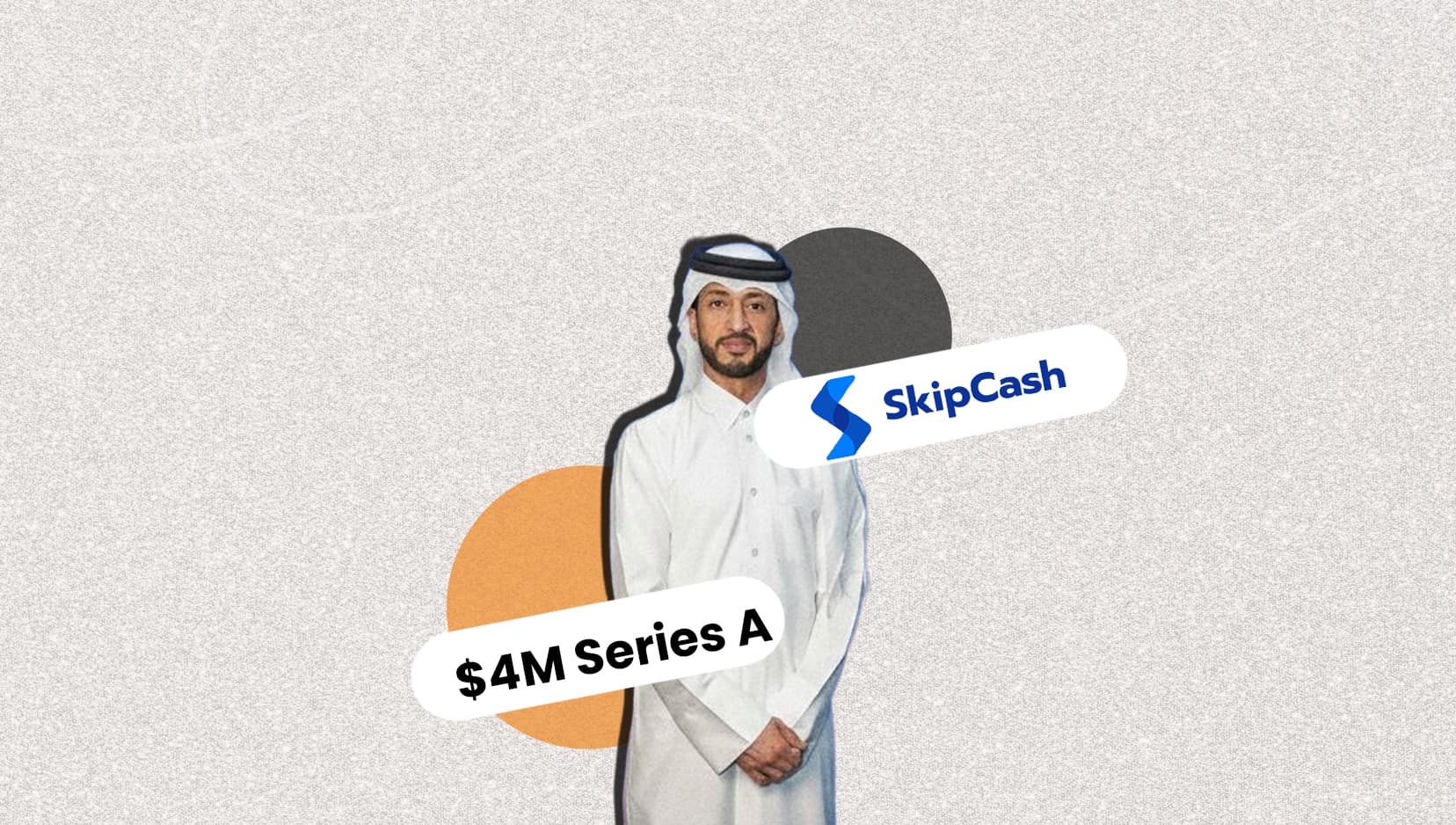I am Nicola Ellegaard. I built transparency into results, which led to trust

10 min
The honesty problem PR rarely admits
PR sells credibility, but it does not always practise it. Nicola Ellegaard has built Budgie PR around a simple wager: if you remove the smoke and mirrors, the work becomes easier to value, and harder to fake. That sounds obvious until you look at how the industry often operates, with “guarantees”, selective case studies, and reporting designed to impress rather than explain.
When asked what differentiates her in a crowded Dubai market, she does not cite a special network or a secret formula. She cites a reputation for being “too honest”, then treats that as strategy. Budgie PR publishes cumulative results openly on its website, not as a virtue signal, but as a practical refusal to hide behind curated highlights. If prospects want PR, she wants them to see what they are actually buying: time, thinking, and outcomes that can be verified.
Why her first decade was teaching, not PR
When asked about the transition from education to communications, Ellegaard starts with the context most career narratives skip. She began as a language teacher in Denmark, teaching Danish as a second language to adults around the time of 9/11, and stayed in the field for almost a decade. She loved the work and the daily contact with students, expats, and refugees. What changed was the political climate and the reality of job security, where the role could feel closer to immigration enforcement than education because of where the work sat institutionally.
The shift towards communications did not come from boredom, but from curiosity and digital experimentation. She took courses abroad, became an Apple Distinguished Educator, launched a language learning podcast, and discovered what happens when you combine curriculum with tools that widen access. That practical exposure to audience-building became her entry point into educational PR and marketing, and eventually into formal study with an M.A. in Corporate Communication at Aarhus School of Business, where her thesis explored social media, relationship marketing, and CSR.
Strategy as the non-negotiable in modern communications
On the question of why she specialised in corporate communication and strategic PR, Ellegaard draws a line many people blur. Communications is an umbrella term, but marketing and PR are not interchangeable disciplines, and treating them as such creates confusion inside organisations.
Her centre of gravity is strategy. As a consultant, she sees her job as advising clients and building PR strategy that serves business goals, with messaging as the mechanism. The work, as she describes it, is often diagnostic: does the client actually communicate what they think they communicate, or are there gaps and misalignments that sabotage credibility? Without a strategic foundation, she argues, you are “flying blind”, producing noise that does not move the organisation forward.
Agency versus in-house, and the paradox nobody warns you about
When asked about the difference between agency life and in-house work, Ellegaard is candid in a way that will resonate with anyone who has fantasised about switching sides. Many agency account managers dream of going in-house, but she doubts the fantasy survives reality.
An agency brings something an internal team cannot easily manufacture: distance. That outside perspective helps you find “hidden gems” inside a business, stories that feel ordinary to insiders but are powerful externally. Agencies also understand the emotional and strategic value of a media hit, and they typically have someone to celebrate the win with. In-house, that same hit can land with a thud, absorbed into a machine of approvals, meetings, and stakeholder complexity.
The paradox, as she sees it, is that ideas can sometimes be better received when they come from the outside, even if an internal professional has been saying the same thing for months.
The UAE media landscape, and the cultural rules that shape it
When the conversation turns to Europe versus the UAE, Ellegaard does not offer a generic “it’s faster here” take. She calls the regional media landscape unique, and insists that what works in Europe will not necessarily travel.
Cultural considerations are constant, ranging from appropriate visuals to calibrating a less controversial approach. The UAE is a melting pot, but it comes with written and unwritten rules that clients often underestimate, and that PR teams must navigate without drama.
She also points to a structural pressure that affects everyone: Dubai’s rise as an event capital. With so many launches, forums, and set-piece moments, newsrooms become more stretched and selective, and the pace influences the entire ecosystem. In that environment, the PR professionals who do best are not the loudest, but the most adaptive, the ones who can spot opportunities without stepping over local nuance.
Teaching as rehearsal for relationship-building
Asked how teaching shaped her later work, Ellegaard describes it as transferable in the most practical sense. Many of her prospects and clients are new to PR, so she uses teaching skills constantly, not just to explain mechanics, but to empower people to communicate with confidence.
She sees a direct parallel between teaching a language and building media presence. Clients often start from scratch, without a “media-friendly” way of talking about their work. Her role becomes helping them develop that language before pitching begins, so the story lands with journalists who can detect promotional fluff within seconds.
The deeper lesson from teaching, though, is human connection under constraint. She spent years teaching groups she had never met, sometimes for six to eight hours at a time, across cultures and with limited shared language. That is relationship-building in its purest form: earning trust quickly, staying clear, and making people feel capable.
Creativity, without the marketing fog
On the question of balancing creative writing with strategic PR, Ellegaard is direct: strategy comes first. If creative output does not support the strategy, it is not creative, it is random.
She also names a common friction inside organisations. PR often has to translate “creative” marketing copy into factual, journalist-friendly language, stripping out superlatives and hyperbole. That can irritate marketing teams, but it respects the audience journalists serve. Media will spot promotional content instantly, and once they do, the story is dead on arrival.
Reporting that can be explained, not just admired
When asked how she measures PR success, Ellegaard talks like someone who has cleaned up a mess she inherited. The industry has a history of vanity metrics and outdated reporting. Her first investment, she says, was proper reporting software that saves time and frees her to do higher-value work: strategy, pitches, and targeted outreach.
What she insists on is clean, verified data that is accurate, complete, and consistent, and reporting she can defend without hand-waving. If she cannot explain a number, she will not present it. The discipline here is reputational as much as operational, because reporting is where many agencies quietly overpromise, then hide behind fuzzy measurement.
AI, the coming authenticity crisis, and why PR still wins
Pressed on AI’s impact on the industry, Ellegaard treats it as a double-edged sword. On one side, AI introduces new bad actors, “agencies” selling coverage on ghost sites that look real until you realise they are non-indexed and meaningless. On the other, the belief that PR can be fully automated risks flooding newsrooms with AI-generated pitches, creating a volume and authenticity crisis.
Her view is not fatalistic. She expects filtering mechanisms to improve, and notes that some pitching platforms already detect and blacklist AI pitches. Still, she is clear about what cannot be automated away: trust.
When asked whether relationships matter more than analytics, she does not hedge. Human relationships and human storytelling remain the core. Data can support a narrative, but without the human element, nobody reads, and nothing resonates. The craft is combining data nuggets with real stories so they cut through noise instead of adding to it.
Why earned media is back in fashion
When asked about the future of traditional PR, Ellegaard sounds almost relieved. She believes PR is having a moment again, driven by AI search and the way discovery is changing. After years dominated by pay-to-play and influencer marketing, earned media is becoming central to visibility because it feeds credibility into the places people now seek answers.
She frames this as a strategic opportunity. PR professionals who understand how brand discovery works in LLM-driven environments, and how to earn third-party validation that AI systems surface, will have an advantage. It is not a return to old-school PR for nostalgia’s sake, it is a return because the internet is rewarding credibility again.
Building Budgie PR without compromising integrity
When asked what inspired her to found Budgie PR, Ellegaard describes it as an internal decision before it became a commercial one. She launched in 2022 as an independent consultancy with a first principle: she wanted to work in PR without compromising integrity.
Transparency, in her framing, is not a tagline. It is the operating system. Publishing results openly started as a pragmatic move, a way to show prospects the reality of outcomes over time, rather than polished case studies that hide timelines and complexity. Over time, it became the brand’s clearest differentiator, sharpened further by her #HonestPRTalks content challenging fake guarantees and manipulative sales tactics.
Working across sectors, and thinking like a journalist
When asked how she adapts across industries, Ellegaard credits early training at a small agency where “no” was rarely an option. That experience forced her to learn quickly and develop the real transferable skill in PR: distinguishing between what is news and what is merely an update.
Clients get excited about their own progress, understandably. But excitement is not newsworthiness. Her job is to assess story potential with a journalist’s mindset, even in niche sectors, and to tell a client, plainly, when something belongs on their website rather than in a newsroom inbox.
That judgement becomes even more important with large organisations, where alignment is harder. Having handled brands such as Huawei, SWIFT, Gulf Capital, and Dar Al Arkan, she has seen how much work it takes to synchronise global messaging, and how quickly “current global affairs” can force a shift in tone, timing, or crisis readiness. Her takeaway is simple: big brands should always have a crisis plan ready, and they should value agile regional partners who understand culture and context at ground level.
What she tells women, and what she tells founders
Asked what advice she gives women entering PR in the Middle East, Ellegaard’s message is unglamorous and specific: learn relentlessly. She points to doing a summer internship in Dubai in 2011 at 37, possibly as one of the oldest interns in the city, and treats it as proof that embarrassment is a poor reason to avoid experience. Find mentors, keep learning, and invest time in cultural nuance and unwritten rules, because local knowledge becomes a competitive advantage.
Finally, when asked what founders should understand about PR, she makes the case in one sentence: PR creates third-party validation. Ads cannot make you trustworthy, earned media can. In an AI-shaped discovery environment, she argues, that credibility also becomes a route to being found at all. You can buy attention, but you cannot buy trust, and you cannot bargain your way into genuine discoverability.
PR, in Ellegaard’s telling, is not about being loud. It is about being believed.
 LEAP26
LEAP26 AI
AI Saudi Arabia
Saudi Arabia UAE
UAE Egypt
Egypt








